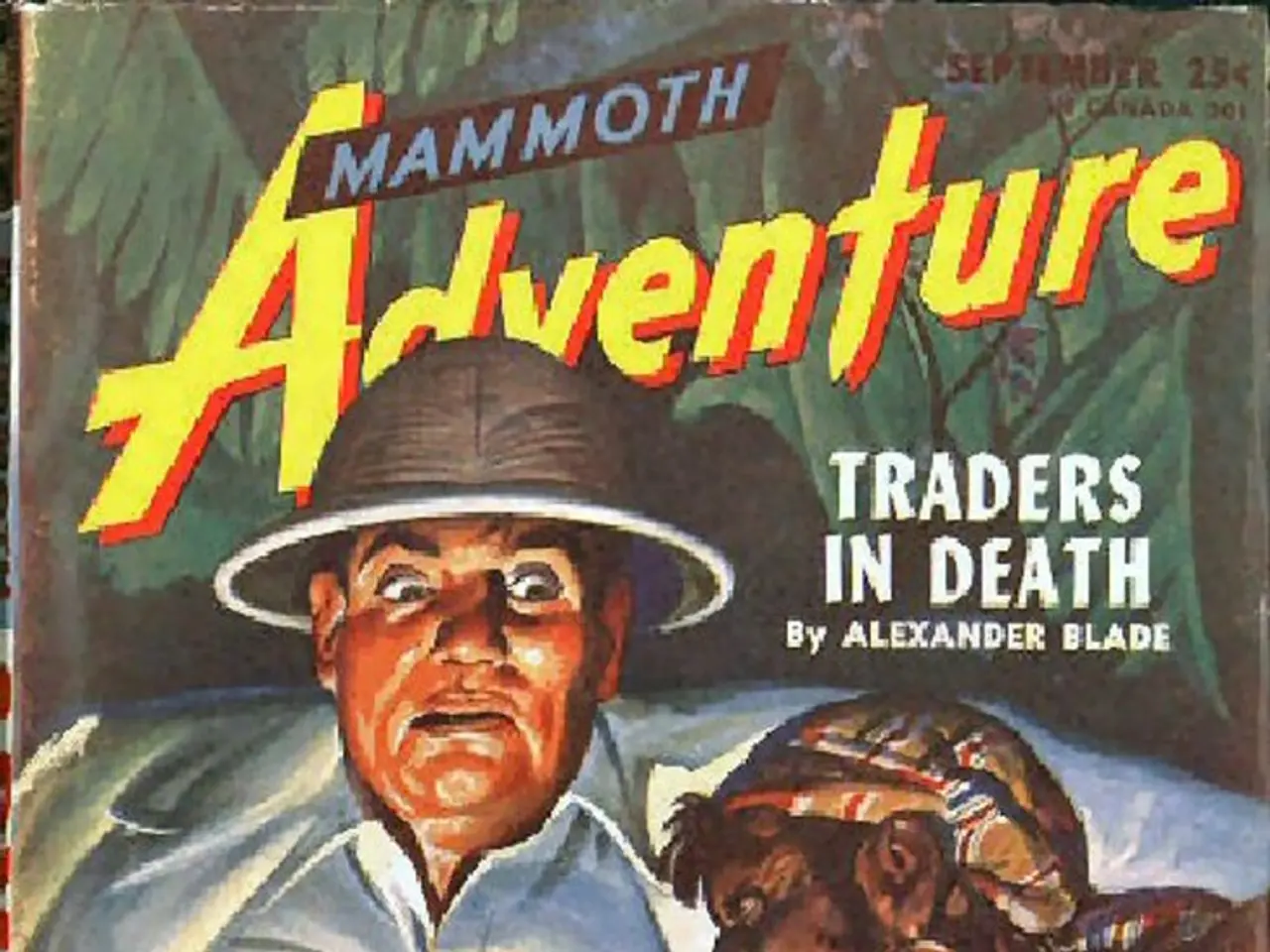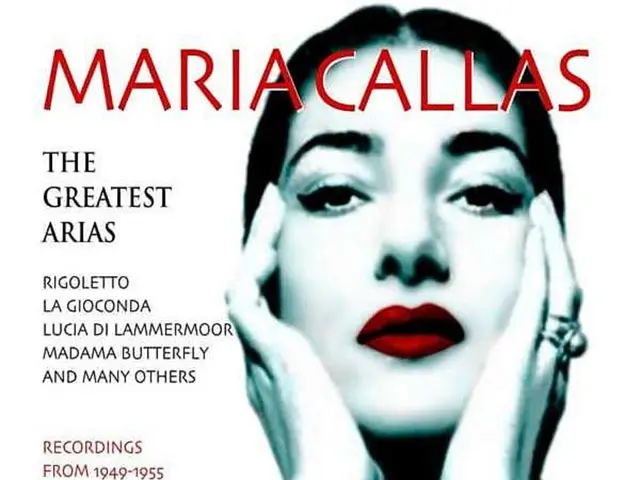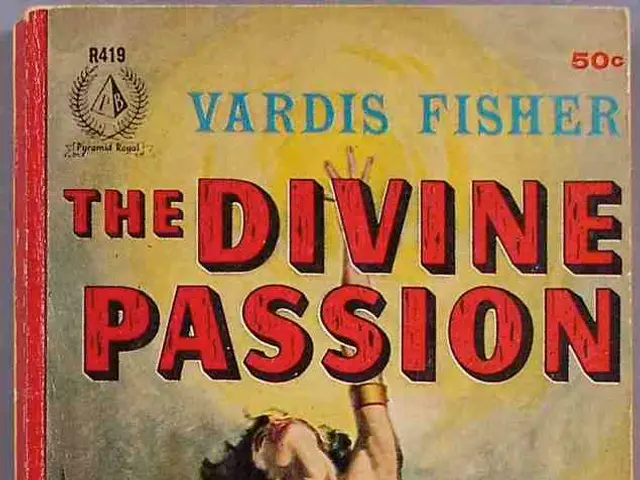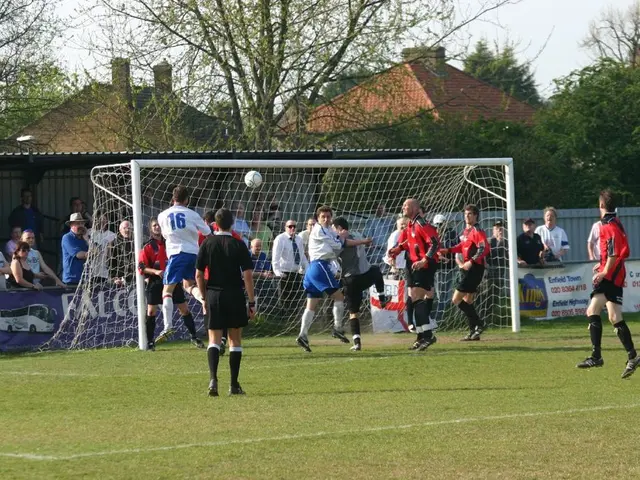European Social Fund supports the execution of the undertaking.
The Berlin Brecht House recently played host to the annual Arno Schmidt Days, a literary event dedicated to the exploration and appreciation of the works of this groundbreaking German author.
Schmidt's writing style, marked by experimental narrative techniques, complex language play, and fragmented structures, was a central focus of the discussions. His male protagonists and narrators, often solitary figures engaged in dense, linguistic explorations and psychologically intricate monologues, were particularly highlighted. These characters, as noted by Ulrike Draesner, reflect a deep introspection, existential questioning, and a sense of alienation or searching.
One panelist, Enis Maci, representative of a younger generation of authors, described the contradiction in Schmidt's works between conservative gender roles and modern linguistic methods as "The content is 'Lüneburger Heide 1950', but the language is not 'Lüneburger Heide 1950'." This intriguing juxtaposition was a recurring theme throughout the event.
The boundary between the characters' speech and Schmidt's own was often blurred, as seen in the heroes' conversations about God, the world, and literature. This constant "vertical speaking" or authorial narration, as well as the "hammering tone of instruction" displayed by Schmidt's heroes or anti-heroes, may eventually tire even the most patient reader.
Despite being often overshadowed by her husband's literary fame, Alice Schmidt also played a significant role in Schmidt's works. According to Susanne Fischer of the Arno Schmidt Foundation, Alice handled correspondence, especially during the creation of 'Zettel's Traum', and conducted publishing negotiations. Her diaries, mainly from the 1950s, not only documented Arno's life as a writer but also developed a life of their own, containing anecdotes and personal reflections.
The event also delved into some of Schmidt's early stories from the late 1940s and early 1950s, including "The Resettlers", "Black Mirrors", and "From the Life of a Faun". These works, like Schmidt's later works, show a contempt for humanity, with characters being either stupid, evil, or disgusting.
Steep theories and bizarre judgments about famous and less famous writers are dogmatically pronounced in Schmidt's works. However, no new insights were offered regarding questions of linguistic form during the event.
In a unique twist, a retired forest ranger visited Bargfeld, the heath village where Alice and Arno Schmidt lived, multiple times and was in the process of replicating Schmidt's private reading desk at home. This dedication to Schmidt's work serves as a testament to the enduring impact of the author and his works.
In conclusion, the Arno Schmidt Days at the Berlin Brecht House provided a valuable platform for the exploration and appreciation of Schmidt's works, shedding light on his unique writing style, thematic concerns, and the role of his wife, Alice, in his literary career. For those interested in delving deeper into the discussions and presentations held during the event, it is recommended to consult event records, academic papers, or official summaries from the organizers.
Read also:
- Today's most impactful photographic moments
- Support for Eric Adams in The Post's Letters to the Editor on August 13, 2025
- Roosting Shark and Rambunctious Red Squirrels: Unconventional House Rental in Yorkshire Involving Aquatic Marvel, Squirrely Mayhem, and Mystical Planning Regulations
- Legal Dispute Dismissed with Humor: Supreme Court Laughs off Another Civil Matter Mislabeled as Criminal Prosecution








